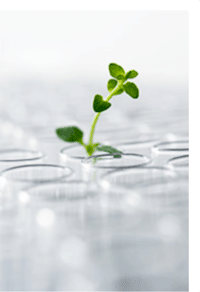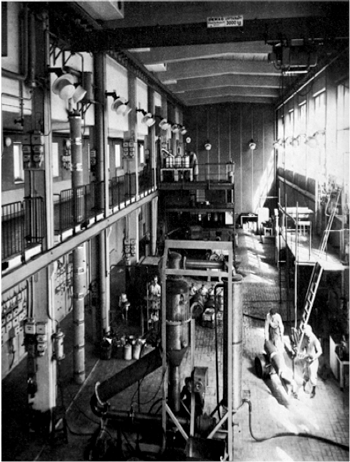Background
An analysis of our business environment shows that we face two major challenges. One concerns the change in the labor market and the other concerns public perception of what chemistry is, and it's importance in enabling the sustainable development of tomorrow's society.
The Swedish chemical industry has long been one of the country's largest industries, with operations ranging from pharmaceuticals and specialty chemicals to paper and pulp industry, plastic manufacturing and refineries. It is an industry that has employed many people. Recent changes have seen parts of or entire production lines among several large companies moved outside the country's borders. Departments are closed down as part of trying to survive in the world market. In order for Sweden to assert itself internationally, it must adapt, and make major investments in research and development in technology and chemistry. Innovation-driven smaller companies will play an increasingly important role for Sweden's development and economy moving forward. Commercialization of research results together with education and research is one of KTH's main tasks. With well-functioning infrastructure, and location directly adjacent to education and research, KTH and the School of Chemical Science have taken the initiative to increase the innovation power and strengthen entrepreneurship in the chemical field by establishing Greenhouse Labs.

One of Greenhouse Lab's tasks is to actively highlight the importance of chemistry and diversity in areas relevant to the development a sustainable society. By doing so, we want to strengthen chemistry as a brand - a brand that today unfortunately is most often associated with dangerous chemicals and toxic substances. We want to convey the message that chemistry is interesting, exciting and a fundamental tool for sustainable development of tomorrow's society. The goal is to increase the interest and understanding of chemistry for young people, something we all need to improve, to ensure the supply of skilled staff for our increasingly knowledge-based industry. Through the activities conducted at Greenhouse Labs, we want to reach out to the public with messages about the importance of chemistry for our welfare. Greenhouse Labs is the new shop window of chemistry.
History

In the middle of the twentieth century (1949-50), an apparatus hall was erected in house 43: 17: 1 for the department of chemical apparatus technology. The hall was designed for upscaling and trials on a semi-industrial scale and was planned as a small chemical plant. Many important research projects have been carried out in the apparatus hall: Professor Otto Stelling continually succeeded in converting iron ore powder into metallic iron in a fluid bed without the need for temperatures corresponding to those in the blast furnace. Professor Olle Lindström worked on combustion and pyrolysis of biomass; The possibility of producing methanol for use as fuel for vehicles was investigated well before the current environmental problems raised the issue.
Operations in the apparatus hall were ultimately too costly and the last lessons were held in the 1990s. After that, the room has been empty until the idea of Greenhouse Labs began to take shape and an extensive rebuilding was initiated in 2010. A dormant, unutilized room has now become a symbol of forward thinking, development and entrepreneurship.
